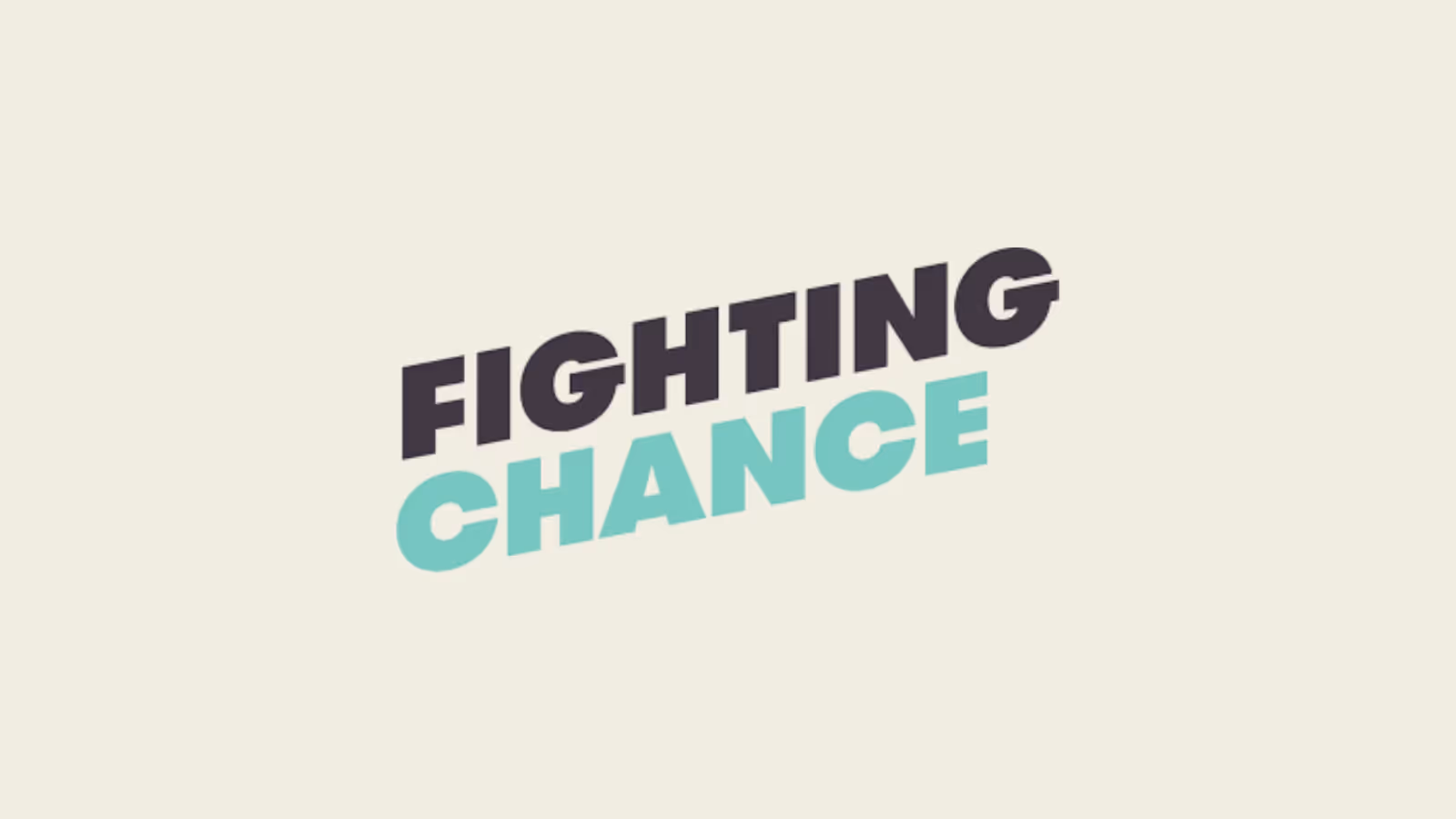Poor Organisational Justice
Unfair systems and policies harm wellbeing. Manage organisational justice hazards today with Foremind.

Poor organisational justice involves a lack of procedural justice (fair processes to reach decisions), informational fairness (keeping people informed), or interpersonal fairness (treating people with dignity and respect).
Organisational justice is part of the psychosocial safety climate (PSC). PSC refers to the shared perceptions of employees of their organisation’s “systems, policies, practices and procedures for the protection of worker psychological health and safety”.
In organisations with high PSC, the well-being and safety of workers are prioritised commitments and efforts are made by senior management to involve and leverage workers’ participation in designing jobs and programmes that help create a safe and healthy work environment for improved wellbeing, safety and productivity.
Let’s Look at an Example
Paul works in a office. Recently one of his co-workers put in a bullying complaint against his manager. This information was shared across all the teams and the manager told all the team members not to speak to the co-worker until the investigation was resolved.
Paul was also experiencing bullying from the manager and was considering putting in a complaint but now that he has seen how his coworker was treated he is considering all his options. Paul begins to feel paranoid when at work and at home and has difficulty sleeping.
Risk Factors For Poor Organisational Justice
Organisational justice is a psychosocial hazard that can lead to a number of negative outcomes for workers, including stress, anxiety, depression, and decreased job satisfaction. It can also lead to increased absenteeism, turnover, and accidents.
There are a number of risk factors for poor organisational justice, including:
- Unfair treatment of workers, such as discrimination, harassment, or bullying
- Lack of clarity about expectations and roles
- Lack of opportunities for feedback and input
- Lack of transparency and accountability in decision-making
- Unfair distribution of rewards and benefits
Impacts on Employees
Poor organisational justice can have a significant impact on workers’ health and well-being. It can lead to a number of negative outcomes, including:
- Stress
- Anxiety
- Depression
- Decreased job satisfaction
- Increased absenteeism
- Turnover
- Accidents
Control Measures
There are a number of control measures that can be used to reduce the risk of poor organisational justice, including:
- Creating a workplace culture that is based on fairness, respect, and equity
- Ensuring that all workers are treated fairly and equitably
- Providing clear expectations and roles
- Providing opportunities for feedback and input
- Being transparent and accountable in decision-making
- Distributing rewards and benefits fairly
Recommendations
The following recommendations are made to reduce the risk of poor organisational justice in the workplace:
- Develop a workplace policy on organisational justice and make it available to all workers.
- Provide training to managers and supervisors on how to create a fair and just workplace.
- Establish a system for workers to report concerns about organisational justice.
- Investigate all concerns about organisational justice promptly and fairly.
- Take appropriate action to address any problems with organisational justice.
By taking these steps, employers can help to create a workplace that is free from the negative effects of poor organisational justice.

Hello 👋 I’m Joel the founder of Foremind.
Are you ready for simplified support & compliance?
Latest insights
Answers to the frequently asked questions.
Still have questions?
Email us at enquiries@foremind.com.au and we'll get back to you quickly with a response
Yes, we have culturally competent counsellors available, including those able to work with first nation and CALD employees.
Onshore on secure AWS Servers in Sydney Australia. All data is encrypted in transit and at rest and our entire team is located in Australia.
Employees can access our platform on any device (mobile, laptop, desktop, etc.) as long you have the website link - no need to download any app on devices. You wouldn’t need to enrol any of your staff individually.- When we do our onboarding, we ask for the first name, last name and email of all your employees, and send out an email invite to all them which will allow them to create their own individual account to access the platform. For new staff we can also invite them or provide you with a unique link to embed in your onboarding process, whichever is more convenient for you. We also kick things off with a launch webinar or video to make sure everyone is aware of Foremind and how to use it. We’ll also provide you with any collateral such as posters, QR codes, brochures etc. to help drive awareness and encourage people to create an account in the platform.
The support line is answered by our reception service 24/7. It is for urgent platform or session-related issues only (e.g. *“My counsellor didn’t show”*) or helping staff create an account.





